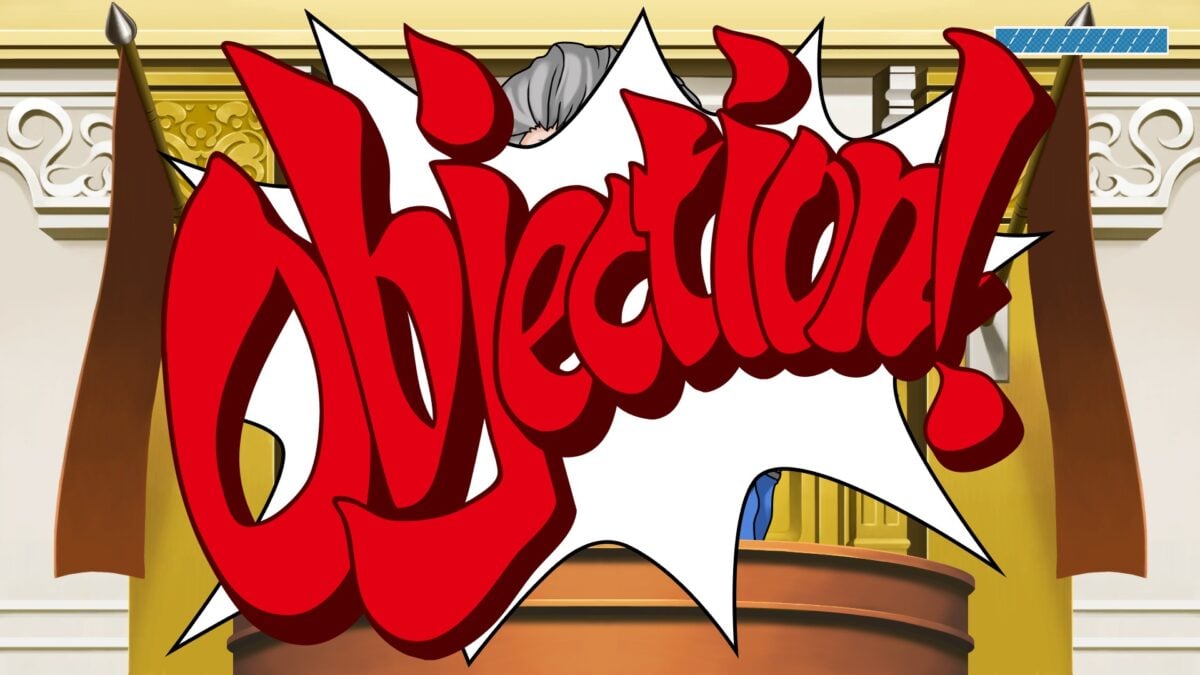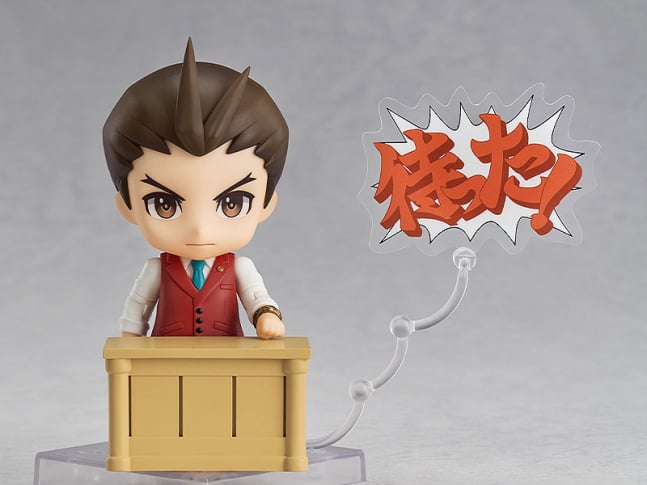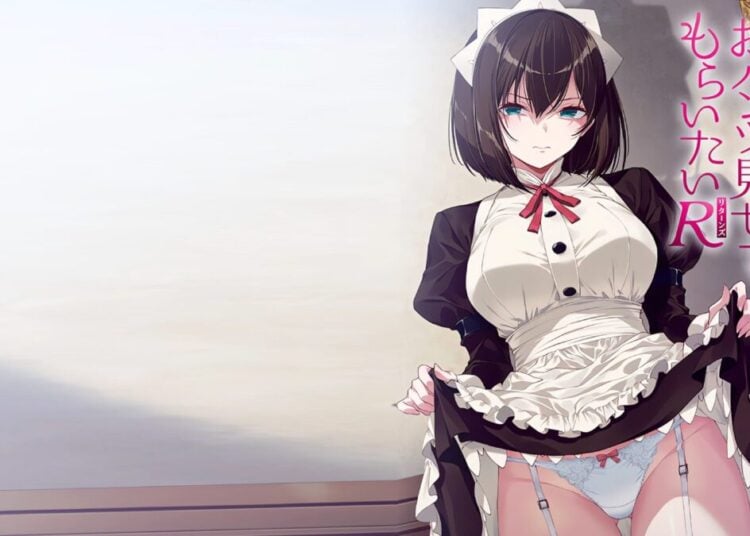Disclaimer: The information provided in this article does not, and is not intended to, constitute legal advice; instead, all information, content, and materials available in this article are for general informational purposes only.
On May 15th, families of victims from the Buffalo, New York mass shooting filed a lawsuit against several companies, including Japanese figure juggernaut, Good Smile Company. Alongside Good Smile Company, the victims name the following as defendants in the 144-page complaint: Meta (formerly Facebook), Amazon, Reddit, Alphabet, Snapchat, 4chan, three firearm companies, and the parents of the shooter. Though this may seem ridiculous at first, I can safely say — having worked in law for about 5 years — this is standard practice. In any lawsuit, you want to name any potential parties who may have contributed to the reason you are suing. In the case of any potential unknown parties, the John Doe Rule leaves the door open to add confirmed parties.
To use an example from my type of casework, let’s say you have surgery and it goes wrong. In a case like this, we don’t just file suit against the facility. We also file against the surgeon, the nurses, the insurance company of the facility, etc. This is to ensure those people are on notice and in the lawsuit. It also ensures the process of discovery is complete and no one manages to slip by before the Statute of Limitations (the amount of time you have to file a case) runs out.
It’s imperative to note, simply filing a suit does not mean anyone actually did anything wrong. You can allege anything in a civil suit, but it has to be proven on the evidentiary standard of “preponderance of the evidence.” This is a lower bar than “beyond reasonable doubt” that you may be familiar with, but it still requires good evidence.

Objection!
It is doubly important to state that most lawsuits are more complicated than they seem to the outside observer. A great example is the recent ruling in the defamation case by American dub actor, Vic Mignogna. While he only lost his defamation case, I saw several people across many sections of the internet using that as confirmation of the allegations. That is simply not the case. The court only decided that his claims of defamation were unfounded, not if the allegations were true. But that’s a whole other article for another time.
So what does being sued mean for Good Smile Company? To be frank, I don’t see this one sticking to them. Despite Good Smile buying a 30% share of 4chan in 2015, there are some laws protecting them. More on that later. In the complaint, the following is alleged against Good Smile Company:
On information and belief, Good Smile’s involvement with 4chan is not that of a passive investor but is actively involved in the management of the social media site. […] In formal court pleadings, Good Smile’s former employees alleged that they were told by Enna Hozumi, the vice president responsible for Good Smile’s American operations, that Good Smile Japan’s CEO “provided, directly or indirectly, funding for 4Chan.” […] The two former employees alleged that they “forward articles to Hozumi pertaining to 4Chan,” specifically about its connections to white supremacy and neo-Nazis and domestic terrorism, “to express their ongoing and increasing concern and discomfort with the association. Hozumi never responded to any of these written communications.
The lawsuit mentioned there was one filed against Good Smile Company in 2020 regarding several allegations, including Breach of Contract. This lawsuit was eventually voluntarily dismissed with prejudice (meaning the case cannot be reopened) by both parties in March of this year, likely brought about by a settlement. So, unfortunately, there’s no real ruling on whether or not anyone was in the wrong there. Most settlement agreements that I’ve worked on include a release stating such.
Hold It!
So about that rule I mentioned earlier? In the United States, there’s a rule in place that protects social media platforms from liability for the content their users post. That specific rule is 47 U.S.C. § 230, or Section 230. It states the following: “No provider or user of an interactive computer service shall be treated as the publisher or speaker of any information provided by another information content provider.” This case was re-evaluated by the Supreme Court just three days after the filing of this suit. They declined to make any ruling on the matter, leaving the shield in place. Worth noting, this does not mean users can post whatever they want. They are still bound by the platform’s own rules and regulations. That same type of protection extends beyond the internet. This is a common misconception with the “right to free speech.”

Closing Arguments
And that’s what I believe will lead to getting several of these parties dismissed from the suit. Though Good Smile Company may have had some connections to 4chan, they are not liable for what is posted there. Also, the New York Attorney General declined to pursue a case against 4chan following an investigation after the shooting. On top of this, US courts have a long history of rejecting cases like this. The Sixth Circuit Court of Appeals affirmed in 2019 that suits such as this would hold companies “liable for seemingly endless acts of modern violence simply because the individual viewed relevant social media content before deciding to commit the violence.”
Ultimately, what happened was a tragedy and the victims should get justice. I just don’t see a future where the case against Good Smile Company and the social media sites will continue.
I hope you enjoyed this look into the legal side of things. Speaking of legal, I’m a big fan of the Ace Attorney series.
We currently have the Apollo Justice Nendoroid for preorder, and it even comes with a stand and speech bubbles!
















